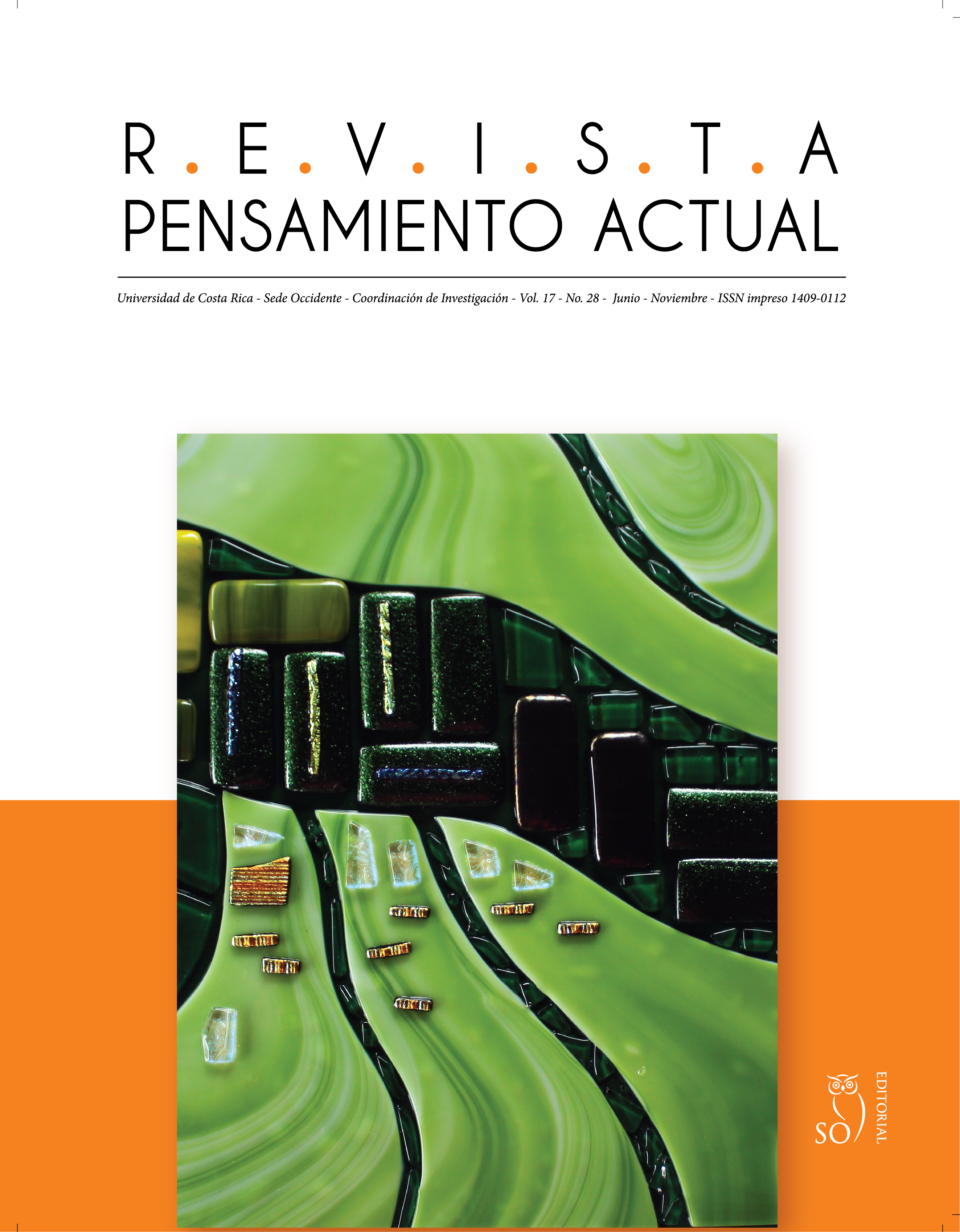Abstract
The paper analyses the argumentative values of laughter in Horace, Persius, Juvenal, Martial and Petronius. Its goal is to determine the various functions of laughter and to contrast them among these three Latin literary genres: Satire, Epigram and Novel. To that end, it revises a corpus consisting of the works of the referred authors in search of references to laughter and it stablishes a classification of the argumentative values of laughter: a) promotion of the addresser’s image, b) degradation of the addressee’s image, d) exposition of an opposition towards a point of view, d) exposition of an approval of a point of view, and e) establishment of a communion with the audience. In conclusion, we identified three argumentative uses of laughter in Horace, one in Juvenal, one in Martial, and two in Petronius.

